Internet Archive Oral History Project
This oral history project includes student interviews with five longtime staff members of the Internet Archive. Oral history is a method of preserving first-hand accounts through recorded interviews. It captures the voices and experiences of everyday people making history. Students from Sonoma State University conducted the interviews for this project under the supervision of Dr. Steve Estes in the Fall of 2024. Each interview lasted about an hour. The resulting collection includes both video recordings and written transcripts.
For the Internet Archive project, students sought to document interviewees’ personal and professional histories, preserving their insights into the development and impact of the organization. Students explored interviewees’ backgrounds, early influences, educational and career paths, as well as their contributions to the Internet Archive. Questions also addressed the organization’s origins, growth, the mission of “universal access to all knowledge,” and the various challenges the company faces in preserving digital history.
This collection of interviews offers a rare glimpse into the lives of those dedicated to maintaining digital access for future generations. By preserving the experiences of the Internet Archive’s leaders and innovators, these interviews will aid historians, researchers, and technology enthusiasts in studying the challenges and impacts of digital preservation. As a whole, the project offers a window into the organization’s influence within the Bay Area technology sector and its commitment to public access to information for all.
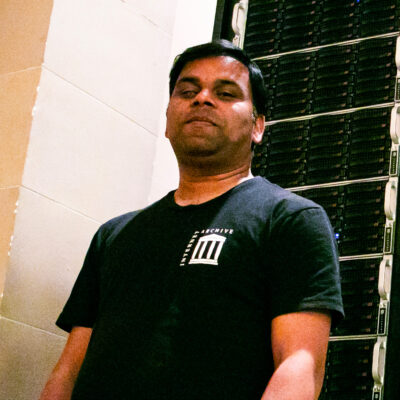
SAWOOD ALAM
Research Lead, Wayback Machine
Dr. Sawood Alam reflects on his journey from rural India to his graduate studies in the U.S. and his role at the Archive. He shares how his early experiences with a student-run library influence his work as a digital archivist and discusses the projects he’s contributed to in support of “universal access to all knowledge.” Dr. Alam offers insights into the Internet Archive’s work culture as a remote employee, emphasizes collaboration with researchers, and considers the challenges and future possibilities for the Archive’s mission.
“We’re talking about 905 or 914 or something billion web pages that we have archived so far. It’s an enormous number, and it’s counting.” – Dr. Sawood Alam
JEFFERSON BAILEY
DIRECTOR OF WEB SERVICES
Jefferson Bailey spoke with Oscar Rodriguez and Mikey Carrillo on October 31, 2024. Bailey shared his background and discussed his responsibilities, including projects like Internet Archive Scholar for scholarly work and the Community Web program for building archive communities. He reflected on changes at the Archive since he joined in 2014, including the integration of AI, and discussed work-life balance in a nonprofit setting. Bailey also highlighted Brewster Kahle’s influence on both the Archive and his own work, concluding with recommendations for future interview candidates.
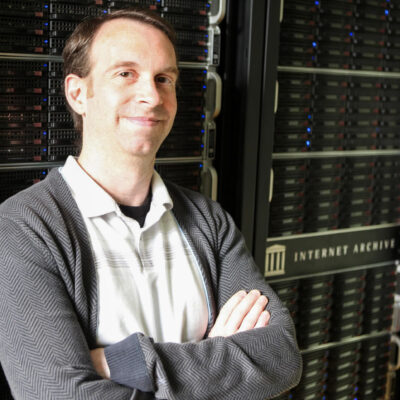
“I think in a lot of ways that makes us a bit of a unicorn in that we are similar to all [libraries, archives, and service providers] in one way or another, but we’re also all of them at once. There aren’t that many places that are completely similar to the Internet Archive, because we straddle the functions of all those.” – Jefferson Bailey
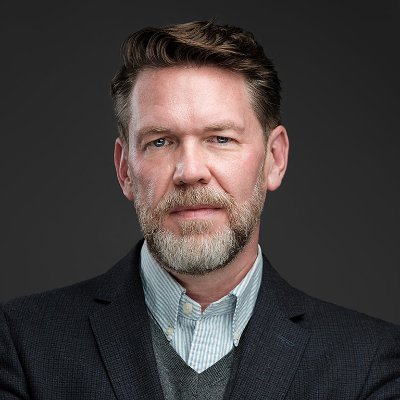
CHRIS FREELAND
DIRECTOR OF LIBRARY SERVICES
Chris Freeland has been with the organization since 2017. Raised in rural Illinois, he reflects on his experiences in the Queer community during the post-AIDS epidemic era. Freeland’s interest in nonprofit work began at the Missouri Botanical Gardens, where he helped digitize collections, later collaborating with the Internet Archive through the Biodiversity Heritage Library. In this interview, he shares insights on his role at the Archive, the challenges of preserving digital knowledge, and the organization’s unique culture.
“I tend to be of the camp of scan it all. You don’t know what people are going to want as research materials in 20 or 200 years. What may seem pointless today to even the most experienced curator might not be the lens through which people are looking in 200 years.” – Chris Freeland
BZ PETROFF
DIRECTOR OF HR AND ADMINISTRATOR
Elizabeth “BZ” Petroff joined the organization after a career in film production. In this interview, she shares her motivations for transitioning to the nonprofit sector, inspired by Brewster Kahle’s mission of democratizing information. Petroff highlights the Archive’s community-focused initiatives, such as free WiFi and the Open Library, and reflects on her goals for both the organization and its surrounding community.
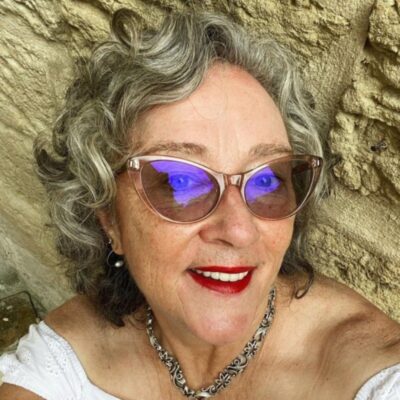
“To me, the Internet Archive is so important and valuable because a lot of these websites, a lot of this information is very ephemeral and it disappears. And so you need a place to have that material so that when you Google it, the information is intact and that it’s correct and you know that it’s real.” – BZ Petroff
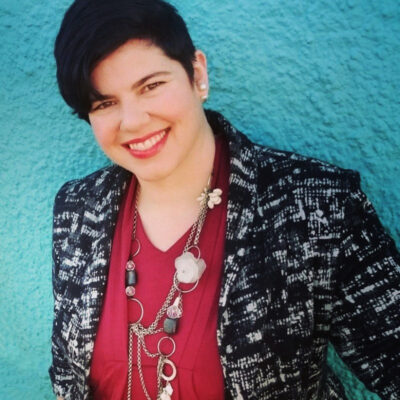
ALEXIS ROSSI
DIRECTOR OF WEB SERVICES
Alexis Rossi has been with the organization since 2006. Originally from Ohio, Rossi moved to California and pursued degrees at UC Berkeley, Sonoma State, and later San Jose State, where she earned her MLIS. She began her internet career in 2000 with Brewster Kahle’s Alexa Internet, contributing to the Wayback Machine. Rossi has overseen significant developments in the Archive, including the “Save Page” feature and expanded web crawling services. Dedicated to universal information access, she acknowledges challenges such as cyberattacks and issues with online publishing rights but remains optimistic about the Archive’s future.
“The mission of the Archive is universal access to all knowledge. I think about that, I think about how many people don’t have good access to these kinds of resources. Like the dream of the internet is universal access to information, and for us, the way that that comes up for us is the internet is the perfect way to make a universal library so everyone in the world gets access to a library, and not just the lucky people like us.” – Alexis Rossi
